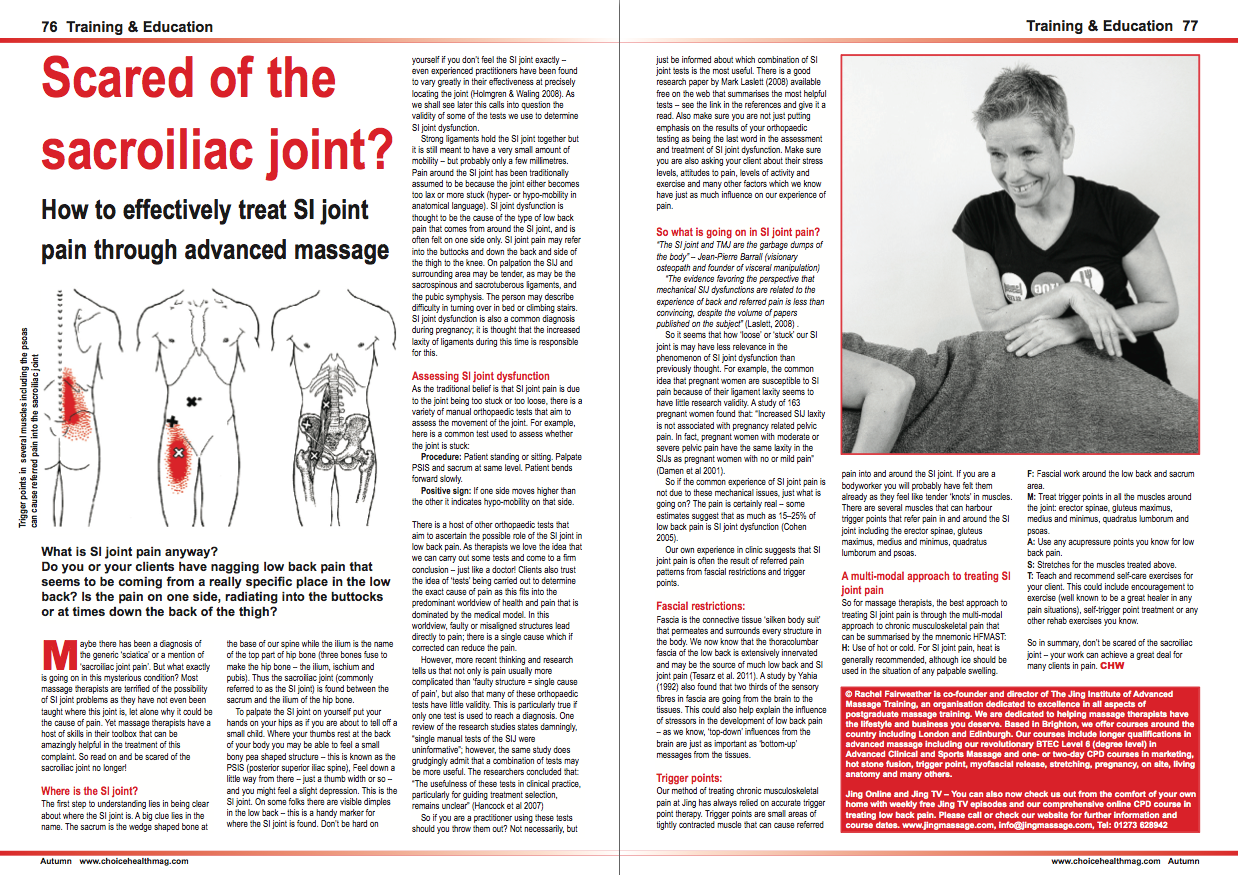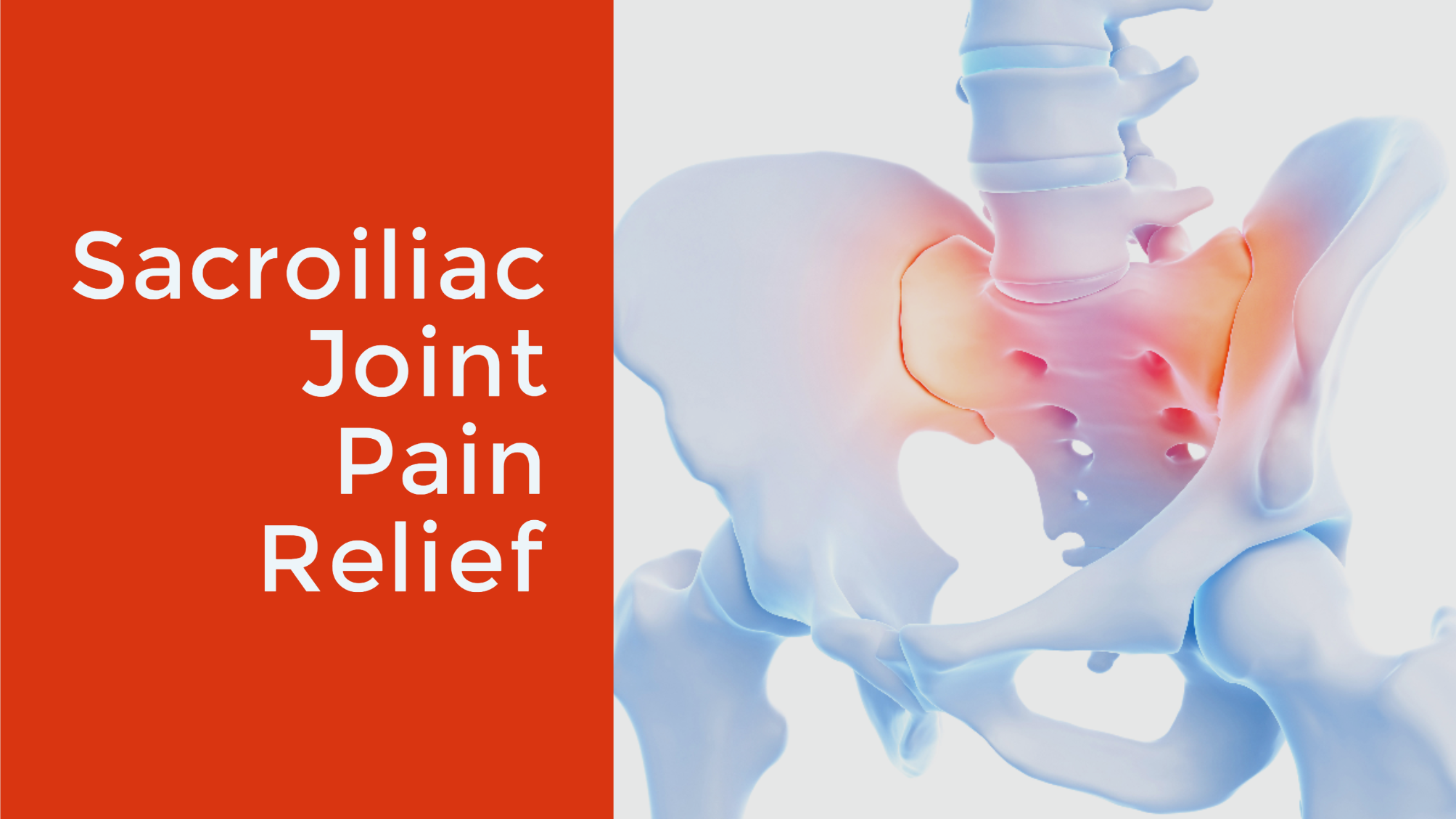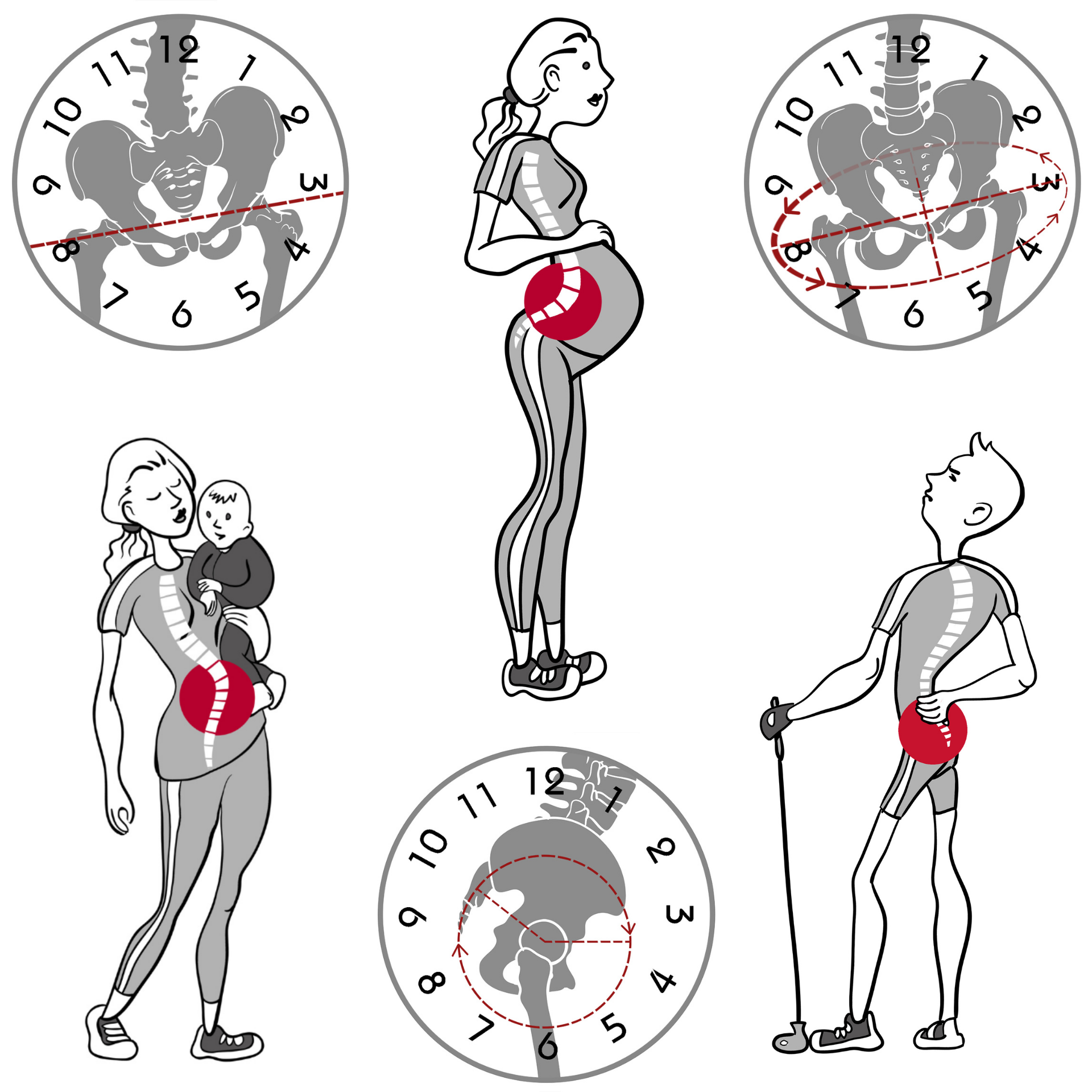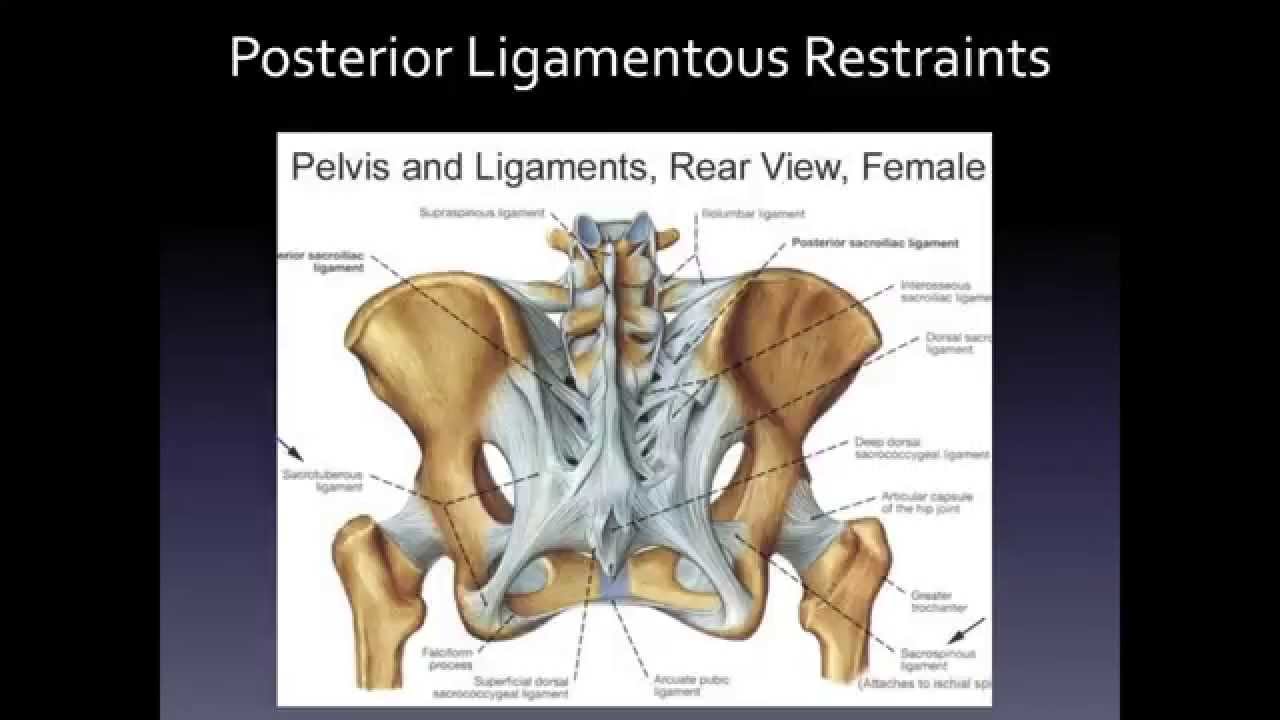Have A Info About How To Treat Sacroiliac Joint Pain

Sleeping or sitting for a long time.
How to treat sacroiliac joint pain. There are two sacroiliac joints, one on each side, with ligaments in each joint that hold the bones together. Hip exercises may help strengthen and stabilize the muscles that hold the si joint together. Light aerobic activity, like walking or swimming, to improve blood flow so that oxygen and nutrients can repair soft tissues in the si joint this article walks you through how to perform si joint stretches and strength exercises properly, as well as what activities qualify as light aerobics.
The nhs can treat si joint pain with medication, injections, physiotherapy and surgery. Treatment might involve physical therapy and medicines. The following can make sacroiliitis pain worse:
Ice, heat, and rest initial treatment recommendations will typically include use of ice or cold packs, applied in 15 to 20 minute intervals as needed to reduce inflammation. Sacroiliac joint pain can be difficult to diagnose as other conditions can cause similar symptoms. Initial treatments for sacroiliac joint pain brief rest period.
It connects the bones of the ilium to the sacrum. Overview inflammation of one or both of your sacroiliac joints. Treating sacroiliac joint pain doctors generally recommend conservative treatment options for si joint pain before opting for more invasive treatments.
Treatment low back pain has many different causes, including issues related to the sacroiliac (si) joints. Go for ice instead of heat. Typical treatments for sacroiliac joint dysfunction include:
The type of medication selected will depend on the cause of your si joint pain. Ice applied to the low. Here are 5 stretches and 2 exercises to try.
Reduction in pain following the anesthetic is considered the golden standard for diagnosis. Sacroiliitis is painful inflammation in the joints where your spine connects to your pelvis (your sacroiliac joints). See treatment options for sacroiliac joint dysfunction
Resting for longer than a couple days is not. The pain can improve with movement. Stretching the muscles around your si joint may help reduce pain by relieving tension in your lower back.
It also can affect the legs, groin and even the feet. The following medications may help relieve sacroiliac joint pain: Pain relievers you can get without a prescription.
Some of these medicines can cause stomach upset, or kidney or liver problems. It causes pain in your lower back, butt (your buttock muscles) or legs. Positive responses to at least three physical provocation tests suggest si joint dysfunction, and local anesthetic si joint blocks can also be useful for confirming the si joint as the source of pain.

/GettyImages-973902244-5b29b2e28e1b6e003e4fd999.jpg)
















